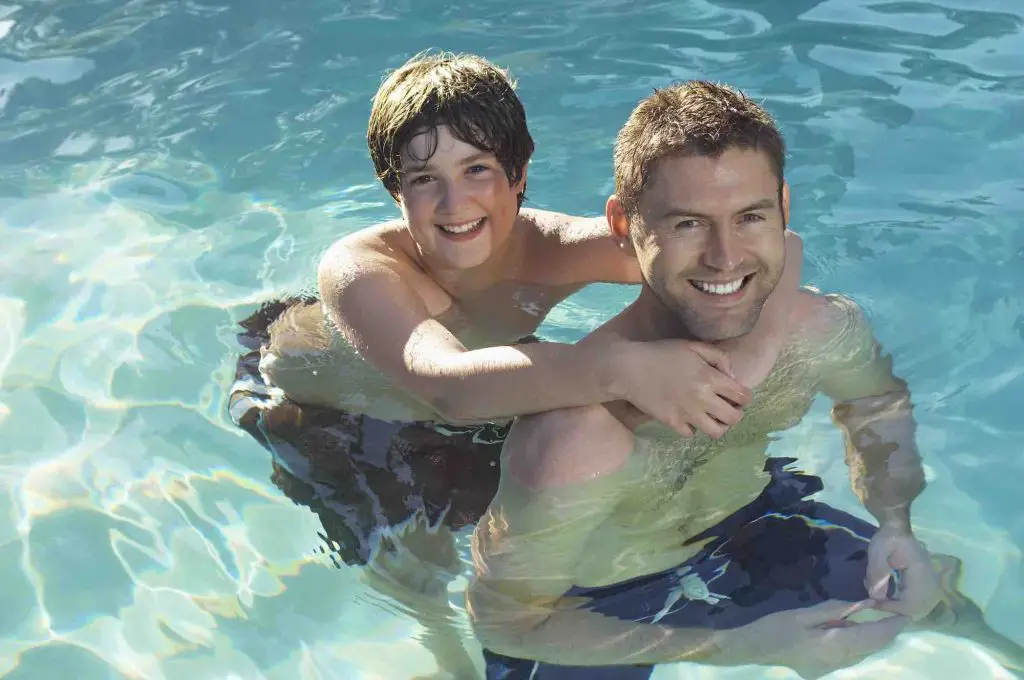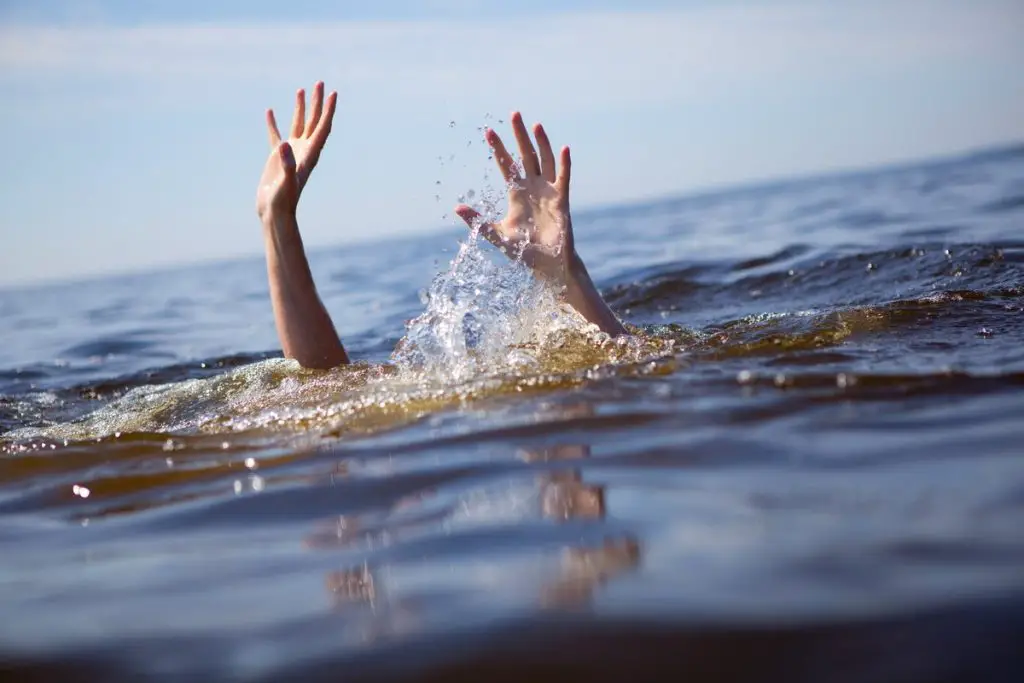Most people will agree that one of the highlights of their childhood was learning how to swim. It was the simple unlocking of what seems to many a natural ability. As such, it can easily slip one’s mind that not everyone actually knows how to do it.
It’s perfectly normal for adults not to know how to swim. Swimming is an ability that is learned and then developed through repetition, and many individuals may have had little to no experience with this exercise in their younger years.
Finding out that an adult does not know how to swim can initially seem a bit odd. But this is the case more often than you might expect. In this article, I will take a closer look at swimming and why some adults fail to develop the skill, so be sure to keep reading.

Nature vs. Nurture
Throw a dog into a body of water for the first time, and after the initial five seconds or so of panic, they’ll be swimming like it was something they had been doing all their life.
Swimming comes so naturally to dogs that we’ve named one of our swimming styles after them — the doggy paddle.
But while these instinctive movements of the legs to maneuver through the water and stay afloat are wired into several animals, the situation is entirely different when it comes to humans.
If you throw a person into a body of water for the first time, they’ll drown or at least drink a gallon (4.55 L) before you fish them back out.
Regardless of how many gold medals Michael Phelps has, the fact remains that humans are not natural-born swimmers.
For some, especially those living in coastal communities, learning to swim is a given, and even toddlers begin getting early exposure to the waters.
But for others, swimming lessons aren’t as much a priority for their kids as activities like music lessons or other landlubber sports.
According to the American Red Cross, fifty-four percent of Americans either can’t swim or can’t perform all five of the basic swimming skills.
Swimming is something learned and practiced, typically in childhood. But when this learning doesn’t take place, you end up with adolescents, young adults, and adults who can’t swim!
The Fear Factor
There can be several reasons why people don’t learn how to swim as a child. But the most common culprit is fear.
Aquaphobia is the fear of water, and it plagues somewhere between 2-3% of Americans.
Those who suffer from this phobia may feel intense fear or panic when exposed to bodies of water. And in more extreme cases, the mere thought of water can induce anxiety and panic.
Some of the symptoms that may be exhibited include:
- Rapid heartbeat
- Difficulty breathing
- Sweating
- Nausea
- Dizziness
- Fainting
Given that children are more affected by this phobia than adults, it’s plain to see why many pass through childhood without acquiring the ability to swim.
And for their part, grownups have contemplated learning to swim, but aquaphobia gave them pause.
Why It Even Matters
“. . . and besides, I’m too old to learn now.”
It’s something you’ve probably heard in several different contexts. And it’s also appended to the reasons why one can’t swim.
First of all, age is not a hindrance until perhaps 80 and upwards.
There is no valid reason why a perfectly healthy 40-year-old can’t learn how to stay afloat and move through the water using the motions of their limbs.
But there is a solid case for why learning to swim should still even matter for an adult.
- Survival: At some point, you’re bound to find yourself near a body of water. And should the fell clutch of circumstance find you in the body of water, swimming is a skill that could literally save your life. You may even be able to save someone else’s life.
- Health: If anything, being “too old” should serve as motivation for one to learn how to swim. Swimming is widely recognized as an excellent form of exercise and is great for both physical and mental health.
- Pleasure: Once you get past the apprehension, you’ll find that swimming is actually a very pleasurable activity. And as you become more adept at it, you can also try your hand at some exciting water sports.
These points have been very concisely stated. The health benefits alone would take up an entire article of their own.
There really is so much to gain from learning how to swim. Yes, even if you have to scroll so far down when entering your birth year.
It’s an open-and-shut case of the pros heavily outweighing the cons. So, with that in mind, you ought to challenge yourself to get into the water and learn a stroke or two.
And who knows, you might like it enough to learn three or four moves!
Learning To Swim as an Adult
While we’ve established that it’s never too late, some may argue that learning to swim is something that would have been better done in childhood — I beg to differ.
Sure, those swimming lessons in earlier years had their advantages. But there are also some things to look forward to as an adult beginner.
First things first, you get to pick out everything. You’ll never have to experience sulking because your mom made you wear a swimsuit you didn’t like.
Whether it’s a one-piece, two-piece, rash guard, or even a wetsuit, you can show up to the pool in whatever you want.
Next, you have a better understanding of things as a rational grownup. This means you can overcome aquaphobia, especially if it’s not a serious condition associated with some tragic events in the past.
But it would be less traumatic to learn to swim as an adult than if you had been forced to swim as a child.
Having everything on your own terms can play a massive role in your transition from a novice to an expert swimmer.

Final Thoughts
There is a population of adults who do not know how to swim. And while this is quite normal, it must be said that one can never be too old to learn how to swim and enjoy the numerous benefits that come with the activity.
Sources
- LIVESTRONG.com: Why Is It Important to Know How to Swim?
- LIVESTRONG.com: 5 Basic Skills Every Swimmer Needs
- American Red Cross: Red Cross Launches Campaign to Cut Drowning in Half in 50 Cities
- Athletic Business: Adults Struggle to Overcome Lifelong Fear of Swimming
- Cleveland Clinic: Aquaphobia (Fear of Water)
